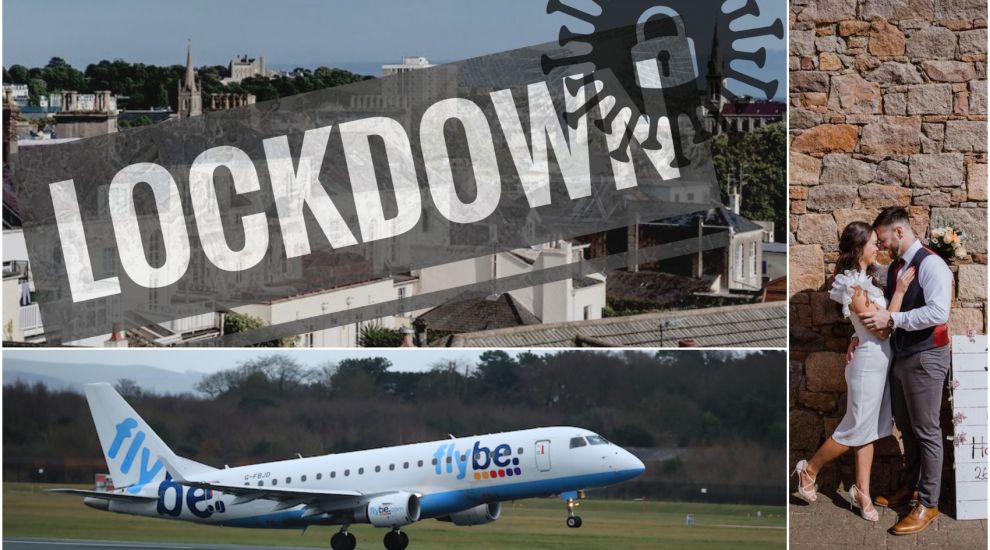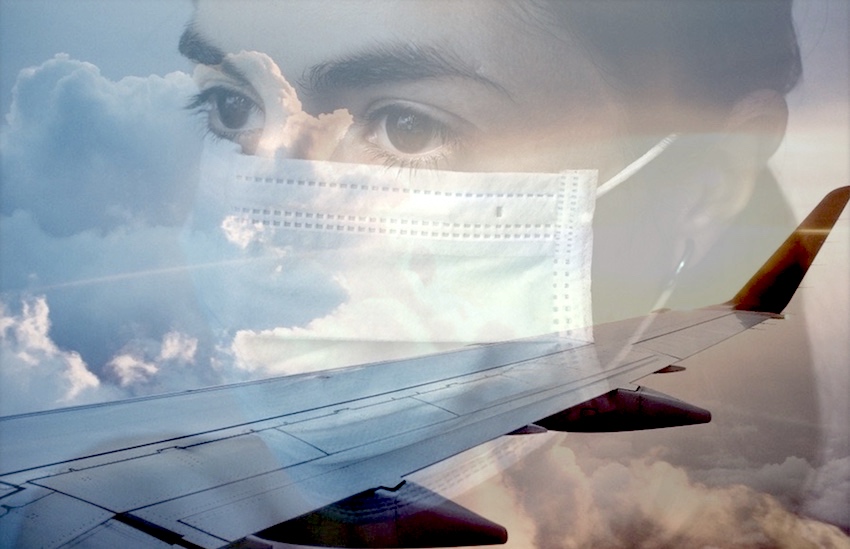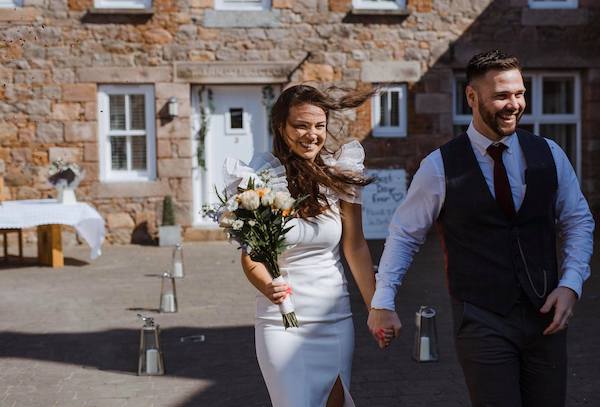


March was a month of major announcement after major announcement as island life shut down in a way that hadn’t been experienced since 1940.
Like the Gathering Storm, it started with messages of reassurance and calm. “I am asking Islanders to maintain a measured semblance of normal life and this includes taking holidays off-island,” Chief Minister Senator John Le Fondré said early in the month.
But the clouds darkened on a daily basis.
On 5 March, islanders woke up to hear that Flybe - the airline that so perfectly described the phrase “love-hate relationship” for many people - had collapsed into administration. The Minister for Economic Development held urgent meetings with Ports of Jersey to discuss how to reduce the impact of the airline’s demise but it was inevitable that jobs would be lost.

Pictured: Flybe, which was founded in the island in the late 70s. finally collapsed in March after teetering on the brink for months.
Unfortunately, the old JEA’s demise kicked off a year of turmoil for aviation, that once glamorous industry that looked weak and vulnerable in 2020.
Four days later, the transport news was slightly better with Condor - again, a long-established Channel Island company which often elicited thanks and frustration in equal measure - being bought by a consortium that included Brittany Ferries. Although a minority shareholder, many were comforted that Condor was once again at least partly owned by a company that knew how to run a ferry company.
On 12 March, more than 1,500 islanders demanded that Jersey be put on “lockdown” after a second case of covid-19 was officially confirmed in the island. Via an e-petition, the growing group urged the Government to “Prevent any spread of the coronavirus in our island by only allowing in food, medical and other needed supplies until a vaccine or treatment has been created.”
It also calls for restrictions on visitors to Jersey, stating: “Do not allow the general public or anyone else into the island, without quarantine, or staff wearing PPE removing any goods needed.”
Just a day later, the Government announced new advice to slow the spread of covid-19, which included telling islanders not to travel unless it was essential, just 24 hours after urging them to continue taking holidays as normal.
The guidance also advised those over 65 to practice 'social distancing' - so unfamiliar a concept back then that Express ran a Q&A about it - and for any islanders with flu-like symptoms to stay at home for at least seven days, irrespective of whether they have travelled outside the island. The new advice brought Jersey much closer to the measures already being taken in Guernsey.

Pictured: Travel restrictions came thick and fast during the month.
A few days after, on 15 March, islanders arriving in Jersey direct from Tenerife were held at the Airport before being placed on special coaches home, where they were asked to stay for 14 days. Families and friends waiting to pick up the passenger, as well as taxi drivers, were asked to go home.
The decision to provide buses for them was taken by the Government after health advice for those travelling from Spain, Majorca, Menorca and Tenerife changed while the passengers were in the sky.
On 30 March, Jersey officially entered lockdown. Announced the night before, the Government’s message was clear: “stay at home, save lives”.
As the clock ticked 08:00 on a Monday morning, islanders could only leave their homes for a maximum of two hours a day to shop for necessities, exercise or for medical reasons, while observing social distancing rules. All non-essential shops closed, all public gatherings of more than two people - other than from the same household - were banned, and there were no visitors to homes - including friends and family. Only on-duty ‘essential workers’ could go to work.
A day later, a report painted a bleak picture of how the corona crisis was expected to hit Jersey's economy, forecasting a recession and significant job losses.
With the island yearning for any glimmer of hope or positivity at that point, it was, perhaps, no wonder that a tale of 'Love in the time of Corona' ended up among the month's most read stories.

Pictured: Finance worker Hannah Paton and former professional rugby player Aaron Penberthy got married outside Hannah's family home "against all odds". Credit: Britta Marie Photography.
With a local couple's wedding plans scuppered by the virus outbreak, the pair got married “against all odds” after being granted a special licence to marry with less than 24 hours’ notice.
Comments
Comments on this story express the views of the commentator only, not Bailiwick Publishing. We are unable to guarantee the accuracy of any of those comments.